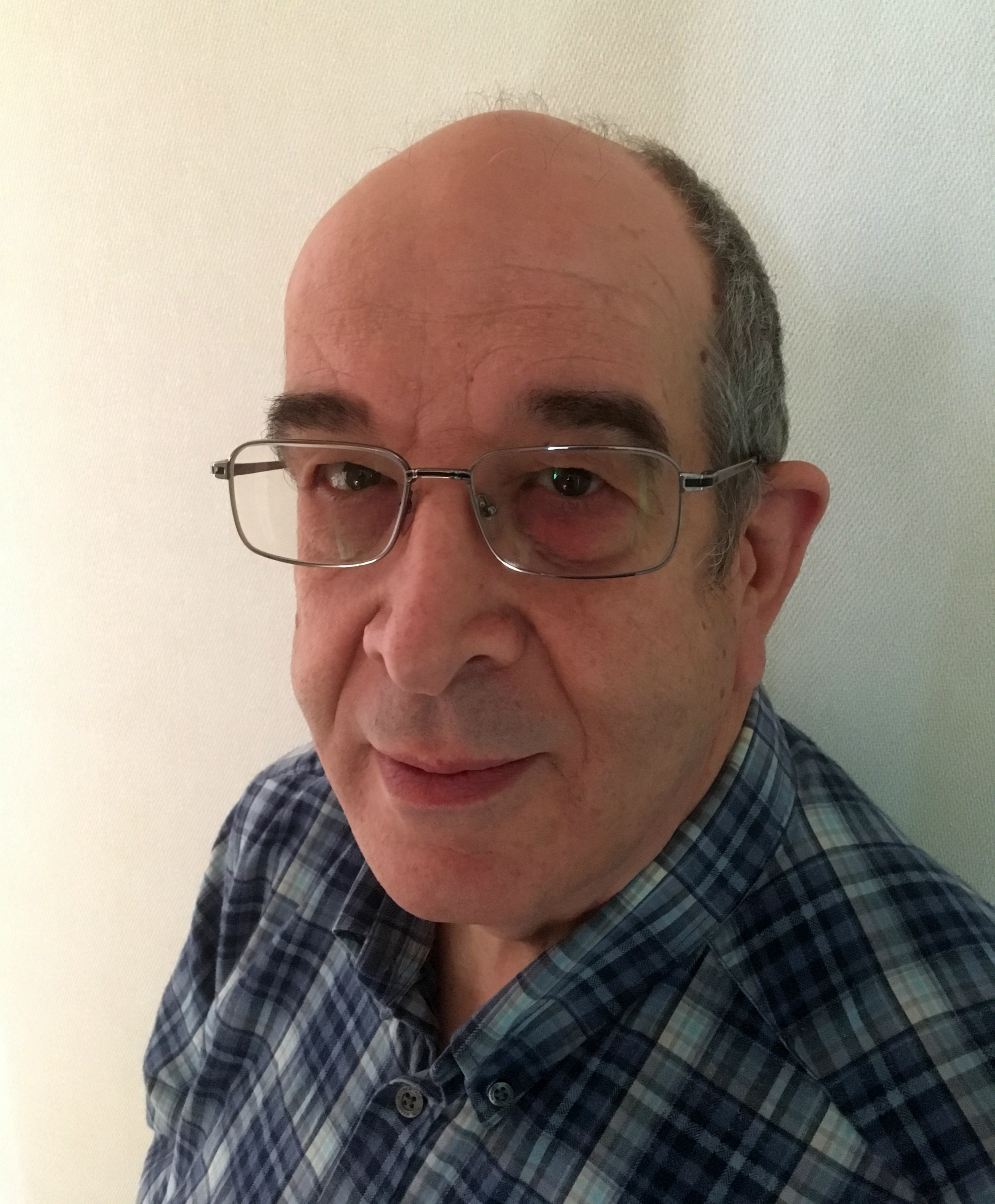Public involvement in CanTest – The patient’s voice
 Patients’ views are at the heart of the CanTest programme. Below, Pete Wheatstone, the CanTest PPI representative working with our University of Leeds team, talks about how he is supporting their research and ensuring the voice of the patient is heard.
Patients’ views are at the heart of the CanTest programme. Below, Pete Wheatstone, the CanTest PPI representative working with our University of Leeds team, talks about how he is supporting their research and ensuring the voice of the patient is heard.
“I was astonished to be diagnosed with advanced bowel cancer in 2014 – I only went to my GP to discuss what I thought were the side-effects of some tablets I was taking! How could I have advanced cancer without knowing it? Fast-forward to 2018 and, being aware that I previously had cancer, CanTest PPI Lead Margaret Johnson, asked if I would be interested in helping out as a Public & Patient Representative (PPI) on the CanTest Programme. She explained that the primary purpose of CanTest is to find new and better ways to diagnose cancer earlier and within GP surgeries.
I knew that early detection was something that was very important – the earlier this disease is caught the far greater chance of the patient being cured.
I was introduced to Dr Stephen Bradley and Professor Richard Neal at the University of Leeds and was immediately made welcome. They explained the CanTest programme to me and after (initially hesitantly – being just an ordinary chap) asking them to explain a few of the medical and research terminology, I got a basic understanding of what they are trying to achieve. Indeed, they continue to support and encourage me. They and the other healthcare professionals are always happy to answer any questions I have, however elementary.
I have been helping Steve on a couple of research studies about how chest x-rays are being used in the detection of lung cancer and what the effects might be on patients when a chest x-ray doesn’t pick up their cancer. My role is to ask the questions that ordinary patients might ask and help make the documents they produce understandable to the general public. I know almost nothing about biology or health but using my cancer experience and with their support, it’s been really easy to help them. There’s no such thing as a ‘dumb question’ and often it’s the ‘dumb question’ that really gets them thinking – which they appreciate.
Its early days but I’m really enjoying working with the Leeds team and it’s very satisfying to know that I’m helping them in the fight against cancer, and in particular finding ways to make an earlier cancer diagnosis.”
Read more about the work of our PPI Group.


